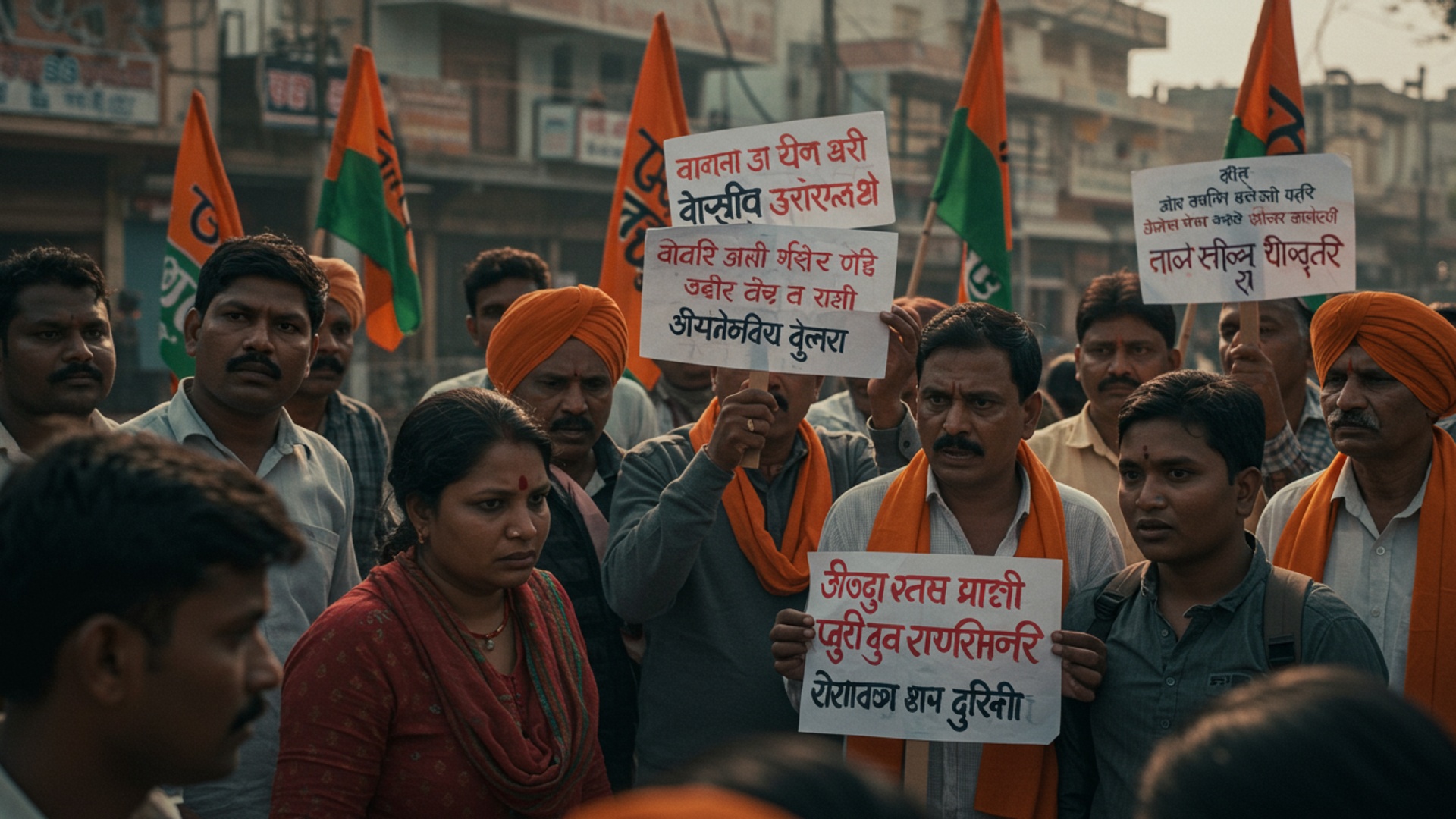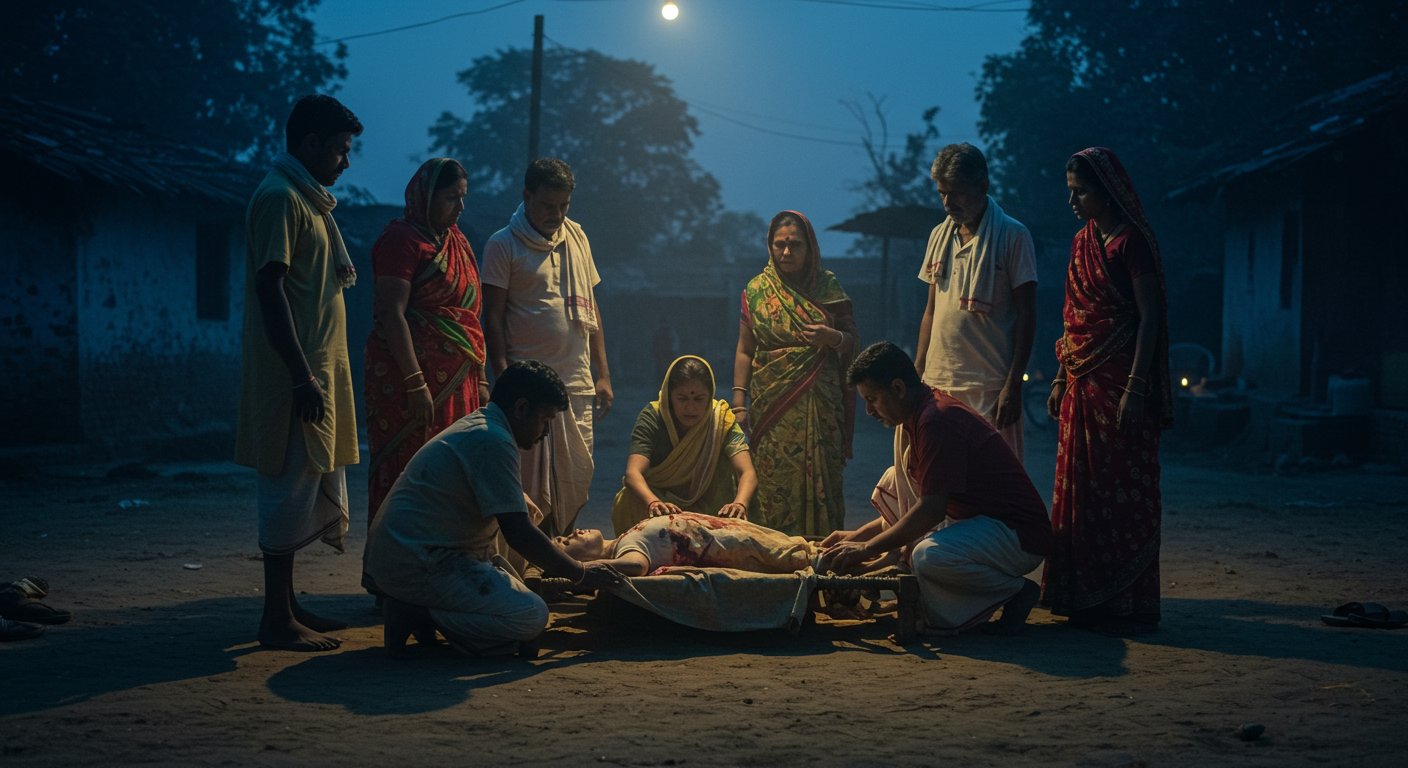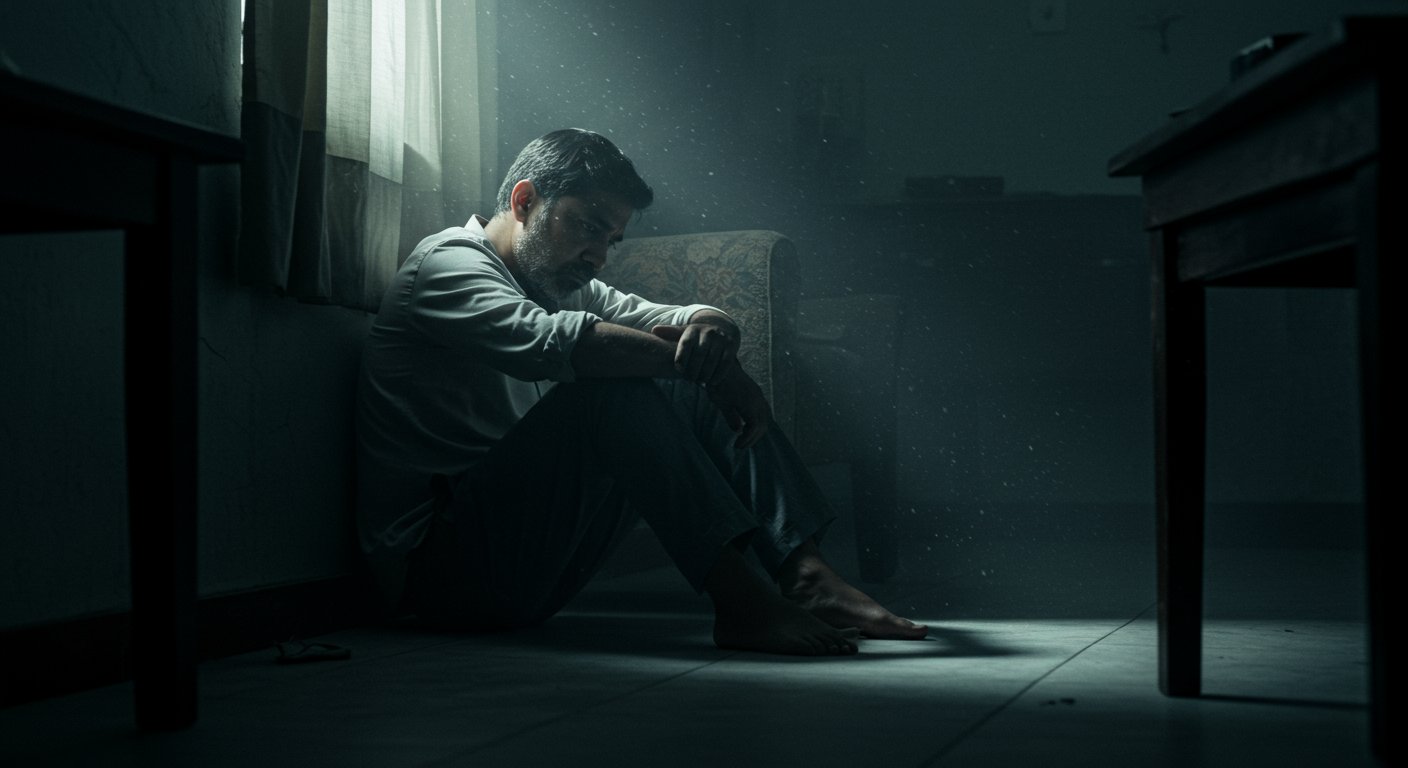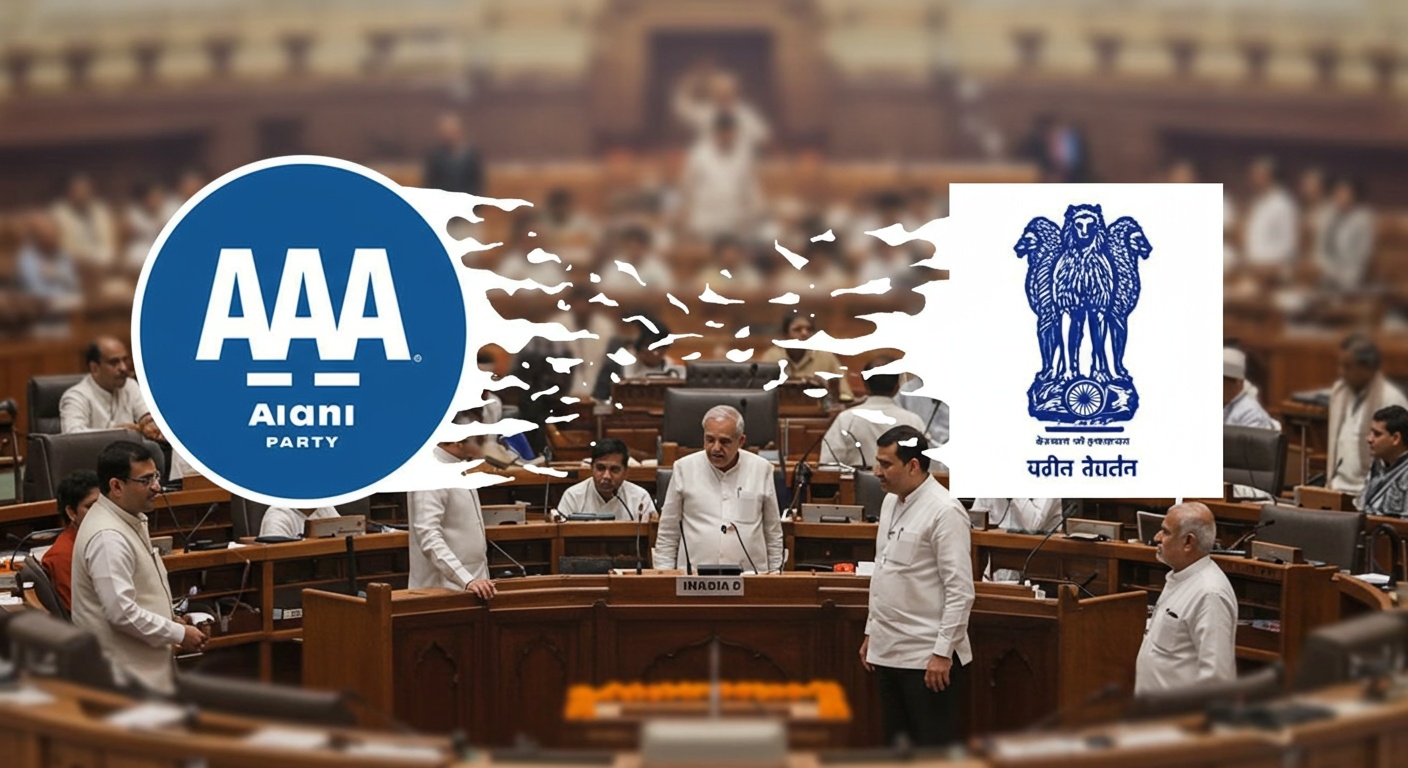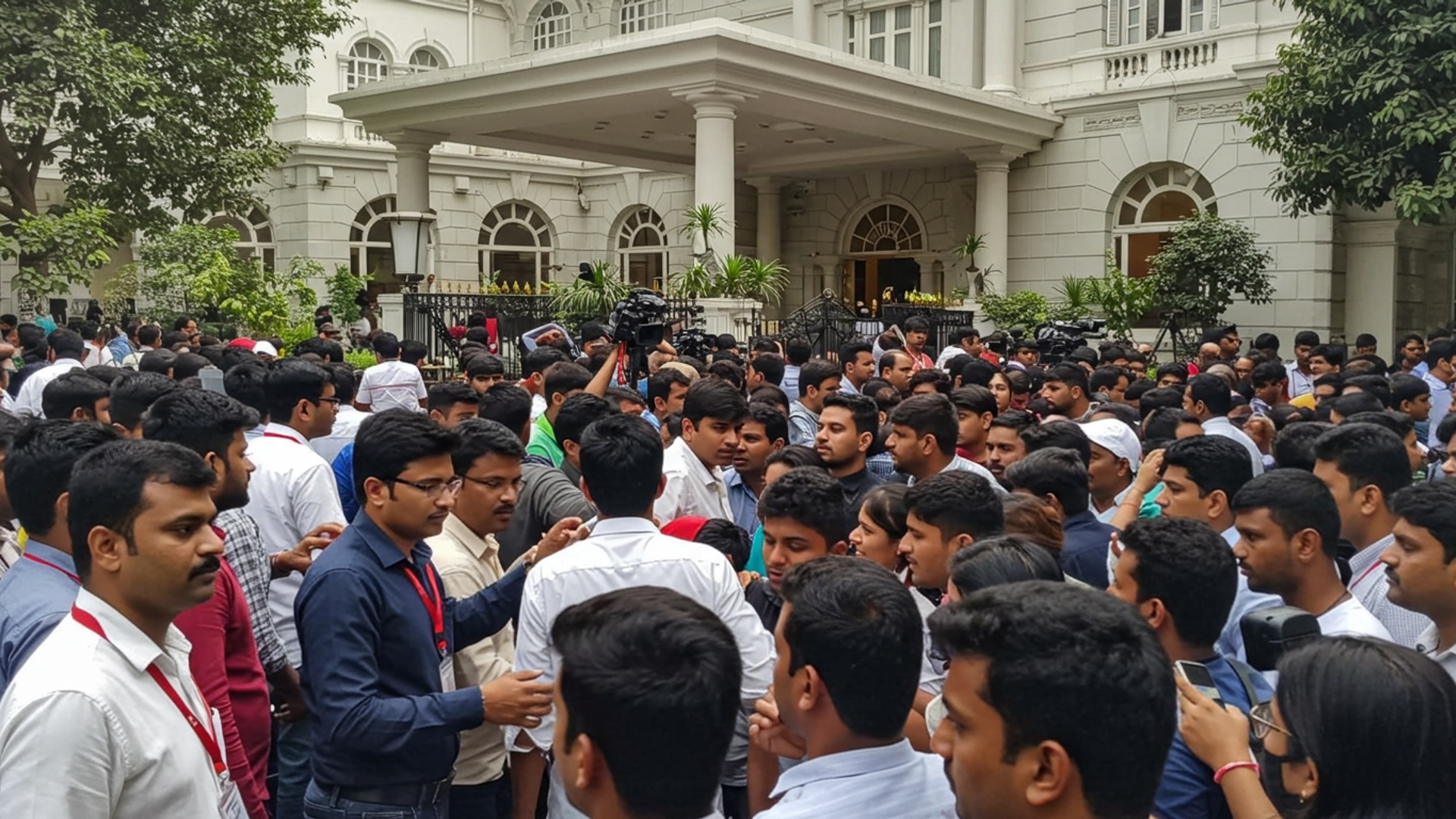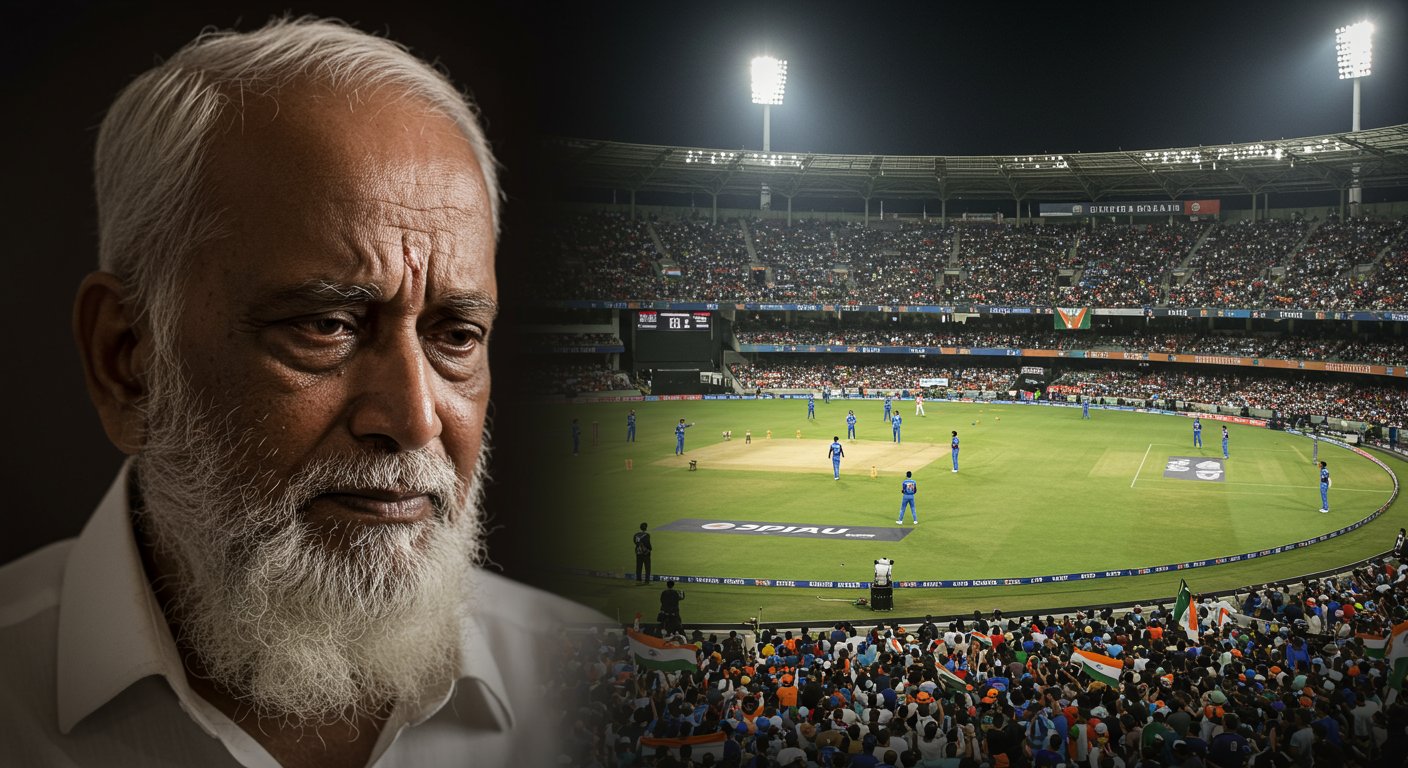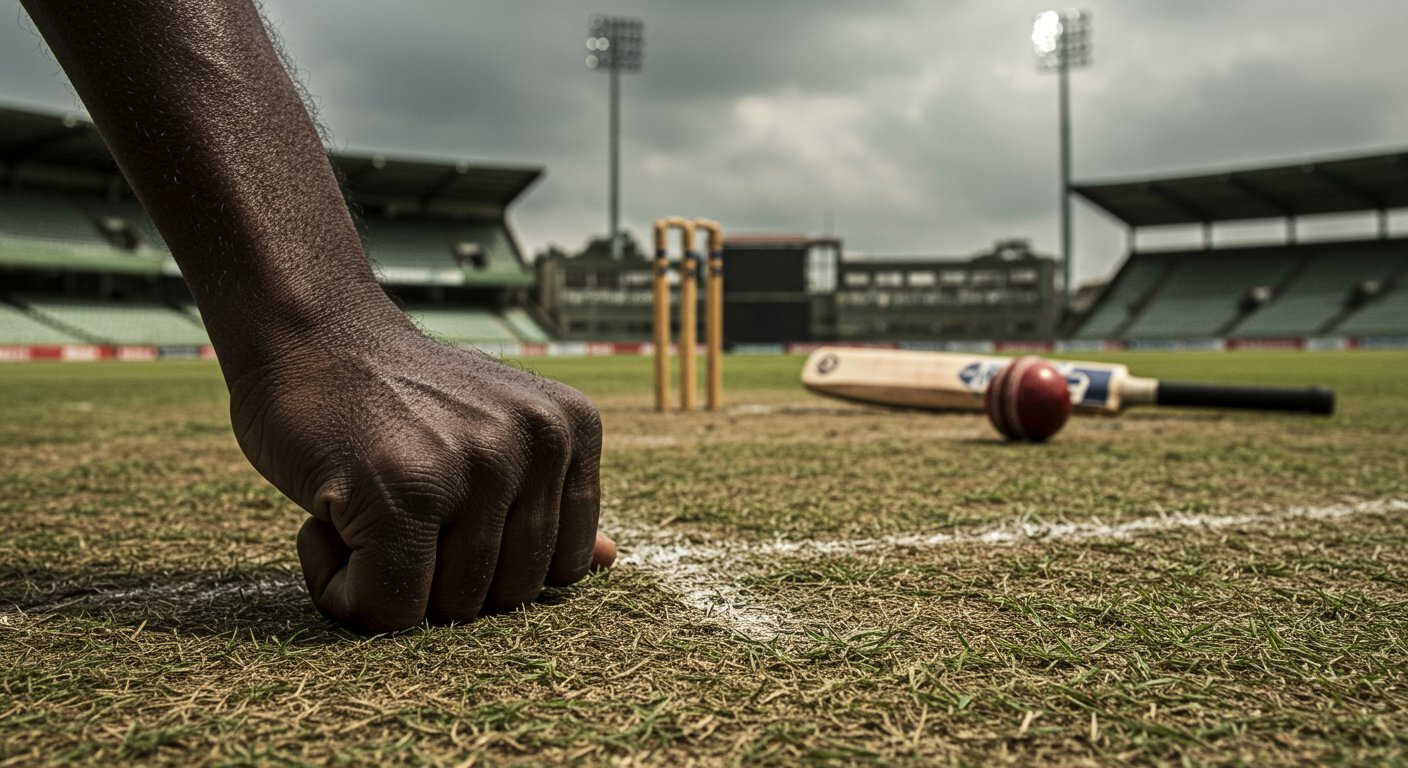A wave of deep unrest hits the Congress party in Madhya Pradesh as its recent district leadership appointments spark widespread internal turmoil. Today’s fresh decisions on key party positions are igniting fierce disagreements among senior leaders and local workers, threatening to widen existing divides. This sudden conflict puts the party’s unity and its path forward in the state at serious risk, raising questions about its readiness for upcoming challenges.
New Appointments Spark Widespread Protests
The Congress party in Madhya Pradesh is currently facing significant internal problems after announcing new district leadership. The party released a list of 71 new city and district presidents on Saturday, August 16, 2025. This decision, which was supposed to renew the party’s local structure under the ‘Sangathan Sarjan Abhiyan’ (organization creation campaign), has instead caused protests, people quitting their party roles. claims of special favors across the state. The most intense protests have happened in Guna district. Here, Jaivardhan Singh, a state legislator and former minister, who is the son of senior Congress leader Digvijaya Singh, was named the District Congress President. This appointment has led to strong anger among some party members. Party workers in Aaron Tehsil of Guna protested on Saturday evening. They burned an image of the State Congress president, Jitu Patwari. The protesters said that the party’s top leaders ignored loyal local members. They shouted slogans against the decision, saying that giving the role to Singh overlooked common party workers who have served the party for a long time without getting noticed. A video of this protest has spread widely on social media, though its truthfulness has not been officially checked.
Reasons for Unhappiness
The anger is not limited to Guna. Similar protests have happened in many other districts, including Bhopal, Ujjain, Satna, Burhanpur, Raisen. Dewas. A main reason for the unhappiness is the feeling that established leaders are being favored over everyday party workers. Out of the 71 new appointments, six are current state legislators, eight are former state legislators. three are former ministers. Many party members believe that giving district-level jobs to these already well-known politicians ignores the hard work of local leaders who have been at the grassroots level. Some within the Congress party say that the new appointments were heavily influenced by the State Congress Committee chief, Jitu Patwari. the Leader of Opposition, Umang Singhar. They claim that these leaders pushed for their own supporters to get key positions. Instead of bringing new energy, some see these appointments as a way for a few state leaders to gain more power. In Guna, Jaivardhan Singh’s appointment is seen by many as a step down for him. He was once considered one of the party’s younger, promising faces with a future in state-level ministerial roles. His move to a district-level job is being seen as a lowering of his importance. some believe it is a planned move to push aside the group loyal to his father, Digvijaya Singh. This has surprised Singh’s supporters, who see it as an insult to one of the most essential Congress leaders in Madhya Pradesh.
Voices of Disagreement
Many individuals and groups have openly voiced their unhappiness.
“If the plan was to bring back old faces, why run a campaign for new leadership?” — A dissatisfied party officer from Dewas and Burhanpur (who did not want to be named).
In Bhopal, the decision to reappoint Praveen Saxena as district president has caused upset. Monu Saxena, a former district president and a supporter of Digvijaya Singh, was also hoping for the post. He openly criticized the decision on social media. Monu Saxena claimed on social media that Rahul Gandhi’s goal of building a new organization had been “destroyed in Bhopal.” He also suggested that Praveen Saxena’s reappointment was influenced by people connected to the rival party. In Indore, the appointments of Chintu Chouksey as city president and Vipin Wankhede as district president have also faced strong opposition. Sakshi Shukla Daga, who used to lead the women’s wing, has shared her anger on social media. Other examples of opposition include:
- In Ujjain Rural, Mahesh Parmar’s appointment has received strong criticism.
- In Satna, party workers have expressed unhappiness with Siddharth Kushwaha’s selection, including through social media posts.
- In Burhanpur, supporters of senior leader Arun Yadav reportedly held a private meeting to show their dissatisfaction after they were apparently not given roles.
- In districts with many minority community members, the absence of Muslim city presidents has increased anger, with many workers expressing their frustration online.
Party Leadership’s View
Jaivardhan Singh stated that the ‘Sangathan Srijan Abhiyan’ is “Rahul Gandhi’s crucial plan aimed at making the party stronger at the local level.” He added, “I am honored to be given the job of leading this work in Guna. We will work together to make our organization stronger at every level.” The state Congress party has stated that a strong organization is “the identity of Congress in Madhya Pradesh” and that “everyone’s contribution matters.” The appointments were finalized under the watch of Rahul Gandhi. some inside the party say that former Chief Minister Kamal Nath still has a lot of influence. At least ten people loyal to Kamal Nath are on the new list.
Past Issues and Future Impact
This new round of appointments has brought existing divisions within the party to the surface. It was meant to show unity and reorganize the party structure. it has instead made internal disagreements worse. The party leadership is now facing the tough job of bringing back trust and unity among its members. In several districts, party members have already resigned in protest. For example, Hemant Patil, a district spokesperson and head of the Rajiv Gandhi Panchayat Cell, stepped down. The new list shows that 21 existing presidents were reappointed. Out of the 71 appointments, 37 are from groups that have special protections, including:
| Category | Number of Appointments |
|---|---|
| General | 35 |
| Other Backward Classes (OBC) | 12 |
| Scheduled Tribes (ST) | 10 |
| Scheduled Castes (SC) | 8 |
| Women | 4 |
| Minorities | 3 |
The Congress party’s plan for organizing itself in Madhya Pradesh is at a critical point, with internal disagreements increasing and the party’s standing possibly at risk. The goal was to build the party from the ground up. the outcome has led to significant anger and protests. ![]()
